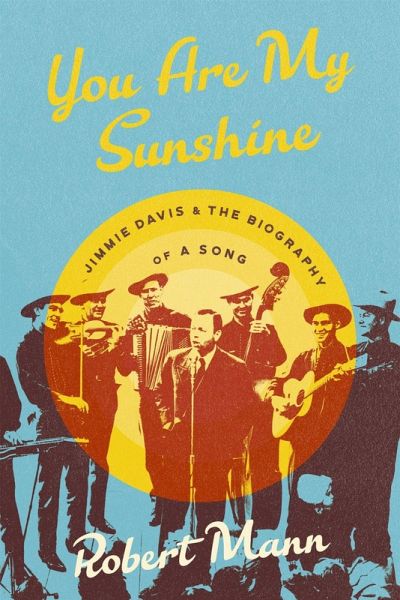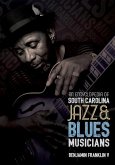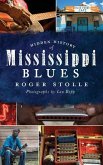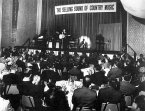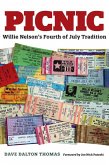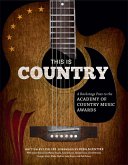""You Are My Sunshine" is the story of one of the best-known and most loved American songs. One of Louisiana's two official state songs, "You Are My Sunshine" began its journey toward worldwide fame and popularity in the late 1930s, when two obscure "hillbilly" groups-one of them in Shreveport-first recorded it. Jimmie Davis's 1940 recording of "Sunshine" would be the ninth most popular pop recording of the year. The following year, Gene Autry, Bing Crosby, and Wayne King would each record hit versions of the song. In the decades to come, more than 350 recording artists would release their interpretations of the song, including Jerry Lee Lewis, Aretha Franklin, Chuck Berry, Ray Charles, Carly Simon, and Johnny Cash. Along the way, "Sunshine" became Jimmie Davis's theme song and a useful, sometimes-vital component in his Louisiana political campaigns. The cherry, memorable tune not only reminded audiences of the candidate's wholesome music and his motion picture stardom; it also helped to obscure his early recording career, when he had released a series of raunchy blues tunes that were, by the mid-1940s, squarely at odds with his gospel-singing cowboy image. As it grew even more popular, "Sunshine" amplified Davis's popularity and helped him burnish an image as a song-writing genius. Because he had purchased rights to the song, he was-and still is-listed as "Sunshine's" co-author (an accepted practice in the early half of the twentieth century). While Davis sometimes acknowledged that he did not write it, he usually neglected to discourage journalists, fans, and others from believing that it was his composition. On occasion, he told reporters he wrote the song while a graduate student at LSU. As the song's popularity and legend grew over the decades so did its association with Louisiana's "singing governor." In the 1977, the Louisiana Legislature made "Sunshine" one of two official state songs. It may be unique among such songs in that it never mentions or references its state and was likely written by a resident of Georgia who was thinking, not of Louisiana, but unrequited love. Such was the song's association with Louisiana and Davis that during his second term in office in the 1960s, the state named a bridge over the Mississippi River at Donaldsonville the "Sunshine Bridge." The name stuck. More than simply the story of Davis and his role in the song's popularity, this book explores the song's controversial provenance (a small-time Georgia musician, Oliver Hood, claimed he wrote it and sold the rights to a friend, who then sold it to Davis); its importance as cultural touchstone and, oddly, as a popular song during World War II, one that even Winston Churchill considered his favorite; why this simple song-despite its cheery title and chorus, it's a song about heartbreak and loss-is still so popular in the twenty-first century; the song's ubiquity in popular culture and advertising; and, how it became and remains one of the state songs of Louisiana"--
Hinweis: Dieser Artikel kann nur an eine deutsche Lieferadresse ausgeliefert werden.
Hinweis: Dieser Artikel kann nur an eine deutsche Lieferadresse ausgeliefert werden.

